Persuasive Performance Skills for Fearless Trial Lawyers
In today’s entertainment obsessed world, jurors – and many judges – expect you to be as captivating as… well, name your favorite movie star trial lawyer. Our foundational course, Persuasive Performance Skills for Fearless Trial Lawyers, will teach you specific performance skills that will thrust you into the role of hero – from the moment those who will decide your client’s fate see you – until you secure your winning verdicts.
In PART ONE: Securing Trust, you will learn The Six Elements of Instinctual Trust, which will enable you to secure trust from judges and jurors in fractions of a second, and maintain that trust during the entire trial.
In PART TWO: Taking Control, you will learn how to apply those Six Elements and how to use your words and movements to take and maintain control during every aspect of a trial. You’ll learn specific, neuroscientifically-sound skills, that will enable you to direct the emotions of judges and jurors – to make them think and feel what you want them to think and feel.
Securing Trust

Taking Control

If You’re a Skilled Trial Lawyer
with dozens of jury trials under your belt, as you watch this course you’ll nod and think, “Yep, yep, yep, of course.” And then – “Wait a minute. That is a good idea. That makes sense.” [The best keep getting better by adding new trial advocacy skills at every point in their careers.]
If You Rarely
Try Cases
because of the nature of your practice and your client list, but you want to start trying more cases, this trial advocacy training course will give you an entirely new set of skills that will increase your confidence and boost your powers of persuasion.
If You’re in
Law School
or have recently graduated, you will learn foundational trial advocacy skills, and throughout our trial advocacy training course you’ll keep thinking, “These are obviously powerful trial advocacy skills. Why the heck didn’t they teach me that in law school?”
Securing Trust
In Securing Trust you'll learn:
How to secure trust
There are things that you – yes you – do with your body and face, on a daily basis that cause people to distrust you. We’ll show you what those things are, and what to do instead, to get strangers to trust you.
how to talk to the boss
We all have a dominant and a subservient decision-making system within our brains. For hundreds of years trial lawyers have been appealing primarily to the subservient one. Judson details how lawyers can use specific nonverbal tools to persuasively engage, and then talk directly to the actual decision-maker.
how to use your most powerful tool to direct emotions
All trial advocacy training should start with this vital lesson. However, even experienced trial lawyers have no idea what their most powerful tool to direct the emotions of others is. Judson reveals exactly what your most powerful tool is, and how to use it to persuade.
why you need to stop trying to read body language and learn how to write it
Reading body language is the scientifically inexact act of following others in order to guess what they are thinking and feeling. This course will teach you how to Write Body Language, which is the art and science of doing things to get others to follow you. What sounds better to you, to be a follower or a leader?
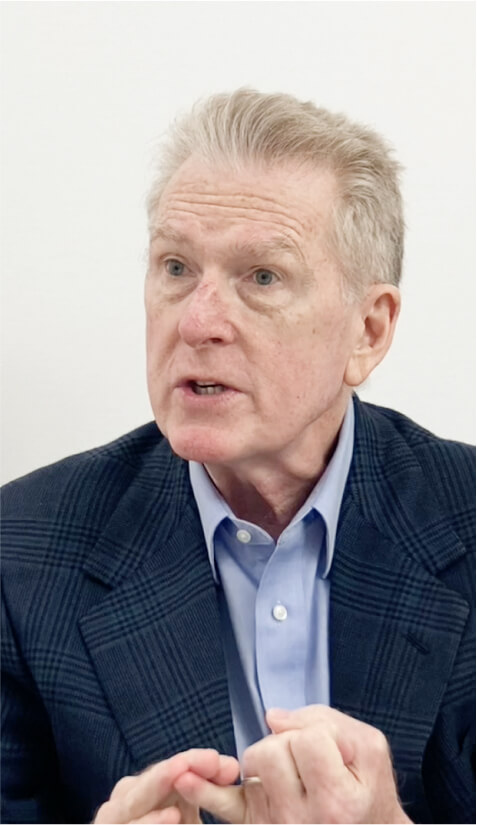
Judson plays the lead in Securing Trust, but you'll also see some supporting players illustrating the concepts and skills he details.

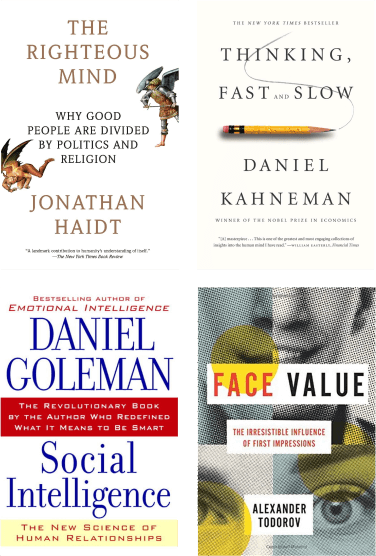
These great books will teach you how the two decision-making systems within our brains work collaboratively and in opposition.
But These Books Will Not Teach You
what you need to do with your body and face and voice to efficiently communicate – in dramatically different ways – with each of these brain systems in order to make people feel and think what you want them to feel and think. This course will.
Face Value will teach you that trust is granted or denied in fractions of a second. But none of these books will teach you what you need to do to secure trust from strangers during those fractions of a second. This course will.
- Koragraphy
- Dominant Face
- Performance Face
- Consumption
- What You Are Looking For
- Attraction
- Connection
- Nothing
- Anti-Connection
- Repulsion
- Nature & Nurture
The Six Elements of Instinctual Trust
At this point, the words on the left mean little or nothing to you. But since 2003, lawyers and their clients have been using these concepts and communication skills during every moment of depositions, mediations, arbitrations and during every appearance in court. They’ve seen how judges and juries respond to lawyers, clients and witnesses who understand how to apply The Six Elements, and they’ve seen how judges and juries respond to lawyers, clients and witnesses who have no idea how to secure trust within fractions of a second and maintain it throughout an entire trial.
Once you have completed this course, your understanding of what The Six Elements of Instinctual Trust mean, will fundamentally and permanently change the way you look at the world – and everyone in it.
Taking Control
Over the decades of his celebrated career, because he developed a systematic formula to make every aspect of a trial lawyer’s performance more precise, more efficient, and more persuasive, Jud became as comfortable in a jury trial as most people are sitting at home watching a courtroom drama. In Taking Control, Judson conducts a master class on movement, preparation, proxemics and prosody, giving you a new set of powerfully persuasive tools to take into every trial. And most importantly for young lawyers, Jud's years of trial advocacy training of recent law school grads at his firm, Alston & Bird and other firms, have shown him where the gaps in trial advocacy training are - even at the most prestigious law schools in the world.


In Taking Control you'll learn:
The six battle stations
During decades of trial and error, Judson discovered that there are six specific locations that enable a trial lawyer to seize control of a courtroom during the most important aspects of a lawyer's performance. These precise locations enable trial lawyers to create the maximum persuasive emotional and intellectual impact on judges and jurors. You’ll learn what those locations are and the science and neuroscience behind why they are so effective.
What your biggest obstacle to persuasive communication during a trial is
Most trial lawyers never give a thought to the biggest obstacle in the courtroom. Judson identifies it and shows you how to deal with it.
The seven things you must learn about a courtroom before a trial begins
Not knowing any one of these things can dramatically damage your chances of winning.
The four absolutely vital things you need to know about a judge before a trial begins
No matter how preposterous they are, her or his predilections can damage your chances to prevail if you don’t know what they are.
When you must be the center of attention and when you should disappear
Many, if not most trial lawyers want to be the center of attention as much as possible during a trial. But Judson will illustrate how and why leaving the stage at some specific times is the most persuasive thing a trial lawyer can do.
The times during a trial when you must be completely predictable
Judson is a huge advocate for the power of surprise and unpredictability, but in this course he will also detail the times when predictability is vital to a lawyers’ ability to secure and maintain control of a courtroom.
Judson’s precise, systematic formula for conducting your voir dire, including:
- Exactly why voir dire is the most demanding aspect of a trial lawyer’s job.
- Why there are absolutely right and wrong ways to sit at counsel table during voir dire.
- Why it is vital for you to use his precise system when questioning prospective jurors.
- How to handle a disastrous answer you may get when questioning potential jurors.
The power of using precise and correctly focused prosody
You can begin to shape how jurors will deliberate for your benefit, and do so as early as during voir dire. Sounds impossible, but it is absolutely a neurologically sound skill that Judson will show you how to use.
Why your opposing counsel is not your only opponent during a trial
Many of your primary opponents are people you will never see during your trials.
By the end of our foundational trial advocacy training course, Persuasive Performance Skills for Fearless Trial Lawyers, you will learn how to:
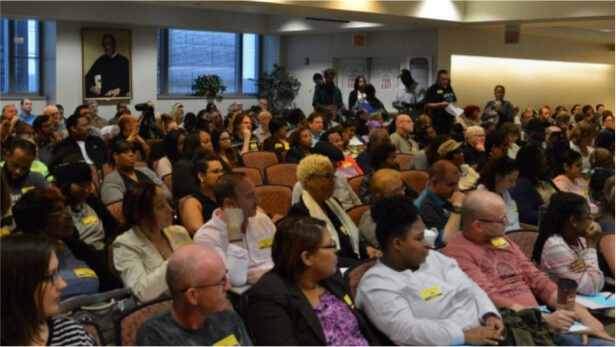
Secure Trust in Fractions of a Second at Voir Dire
Yeah, it sounds impossible to think that you can get a whole room full of people to trust you before they’ve heard you say a word, but we’ll show you exactly how to do that – and the neuroscience that proves why the skills we teach work.

Think like a Filmmaker
When great filmmakers set out to produce a drama, they’re always thinking, “How can I create the maximum emotional impact as I tell this complicated story?” That’s the way Judson and Judson have approached their trial work, whether it was a case about medical malpractice, a construction law case about “dirty dirt,” or a complex commercial case dealing with arcane, confusing contractual or financial issues. Without dramatic presentations, facts, evidence and testimony can be virtually worthless.
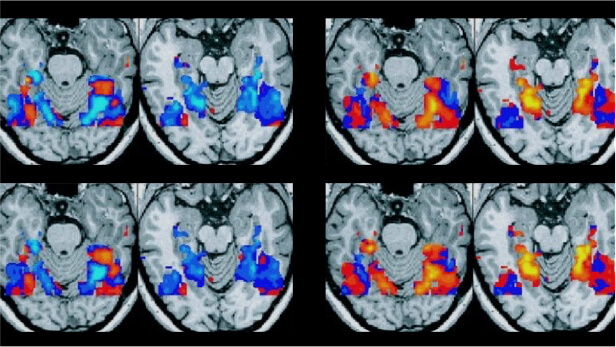
Take Control of the Judges’ & Jurors’ Brains
Yeah, this sounds like science fiction, but the communication skills we teach make it science fact. This course will teach you a precise set of verbal and nonverbal communication skills that will enable you to take control of the primary decision-making system within people’s brains, and literally induce them to create the hormones and neurotransmitters you want them to produce, to make people feel and think what you want them to feel and think.
Our Course Player
Our versatile Course Player gives you a variety of ways to view each scene. On your initial screening you will view each scene in order. Following that, our navigation bar allows you to quickly scroll among all 54 scenes. Simply click the thumbnail scene (on the right) you want to review, and it instantly appears on our Featured Screen.
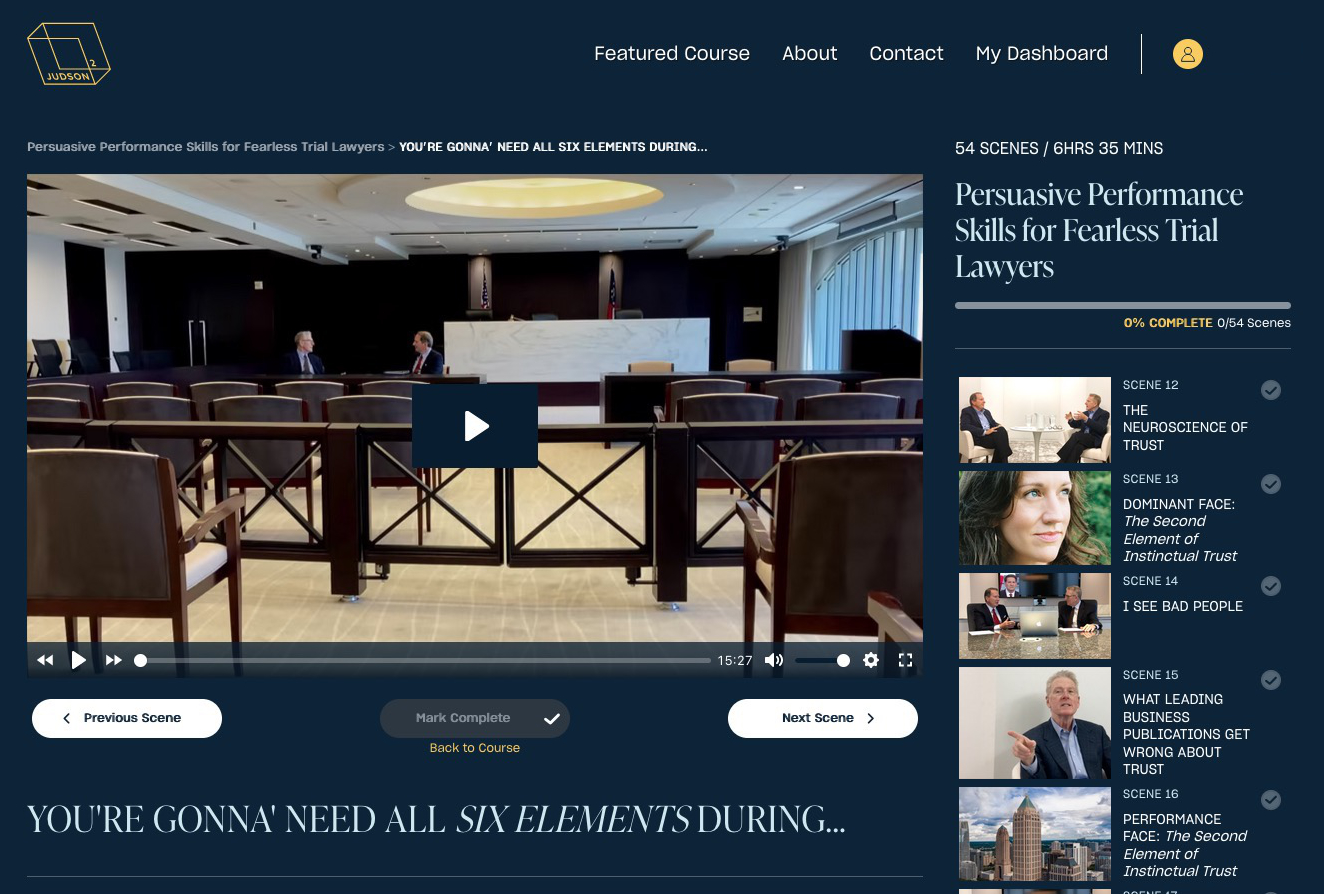
Your Course Instructors
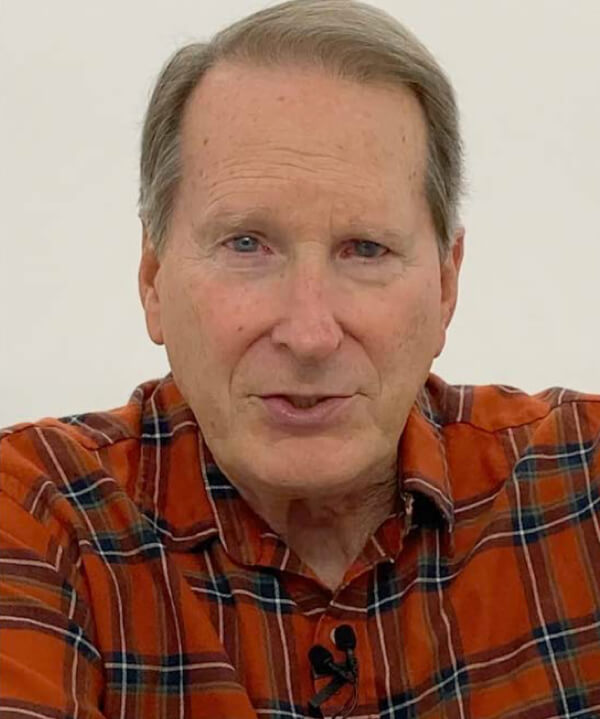
Judson Graves
Judson Graves was profiled in The National Law Journal’s annual feature “Winning,” as one of “10 top trial lawyers in the United States.” He has tried over 100 jury trials to verdict.
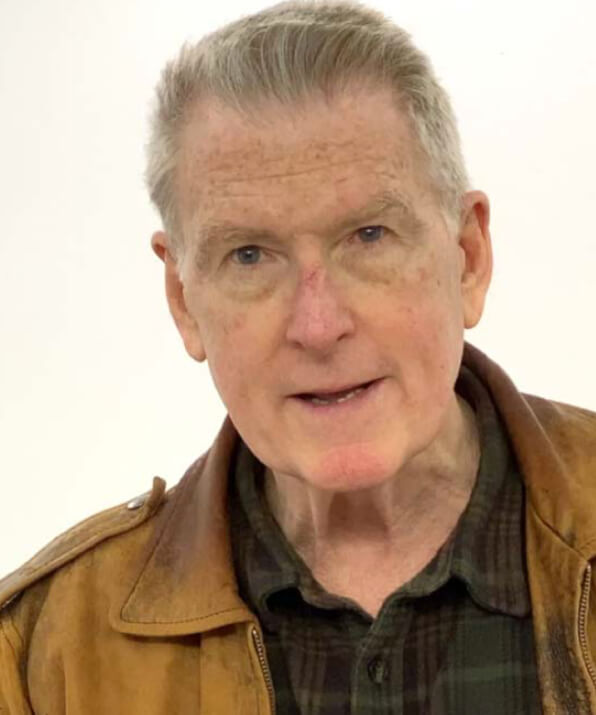
Judson Vaughn
As a character actor, Judson Vaughn shared the screen with some of the biggest stars in the world, including: Brad Pitt, Kevin Costner, Steve Martin, Mary Tyler Moore, and Laura Linney.
Click on the Scene Above to See What We Mean
Producing and directing a trial is just like producing and directing a movie
First of all, you’ve got to make sure you have a story worth telling or you’ll be wasting everyone’s time and money.
You’ve potentially got a complicated story to tell and you better tell it in the most precise and succinct way possible. You’ve got to make that story engaging enough to captivate the greatest intellects and the most educated audience members.
And you’ve got to tell it in a way that is easy to follow for those who are less educated and may view things in a more simplistic way. You’ve got to cast your production properly, choosing who your stars and your supporting actors will be.
And you’ve got to make the damn thing as entertaining as possible… no matter what your story is about.
Our trial advocacy training course will teach you things you’ve never learned before, to make it easier for you to do all of these things.